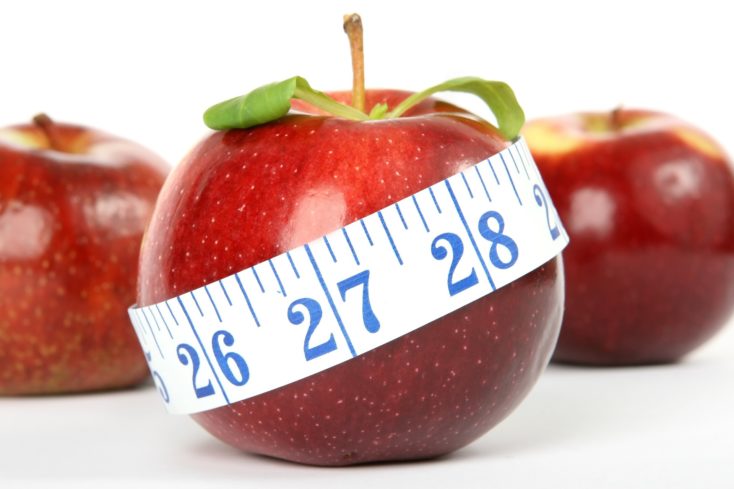Samantha (not her real name) came to me with this scenario. She works out 6 days a week for an hour, and her calories consumed are in a perceived deficit, according to her nutrition app and her fitness tracker. Yet she never makes any progress. She is perplexed cranky, exhausted, unmotivated, and her workouts are suffering. Sound familiar?
Why isn’t she making progress?
The problem with calorie counting is that it is treated like an exact science.
It isn’t.
Calorie and macro counting diets are flawed systems. Here are the reasons why.
Food labels allow for a margin of error of up to 20%
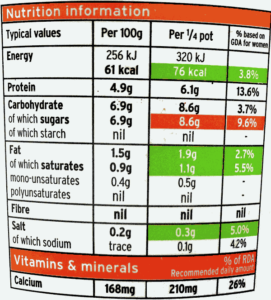
…according to the Food and Drug Administration (FDA) in accordance with the 1990 Nutrition Labeling and Education Act (NLEA).
Let’s say your Skinny Matcha Green Tea Crème Frappuccino from a popular coffee chain comes in at 280 calories. It might be almost 340 calories and could still be labeled at 280. Following the food labels could have you believe you are eating in a deficit, and you could easily be eating in a 20% surplus and not even know it.
Fitness trackers are not reliable either.
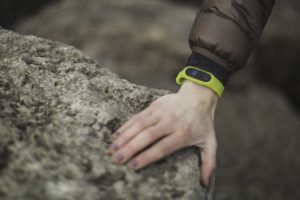
A published study from researchers at Stanford revealed that seven popular fitness trackers had a margin of error for calories burned by an average of 27% and one tracker was off by over 90%.
Absorption of calories.
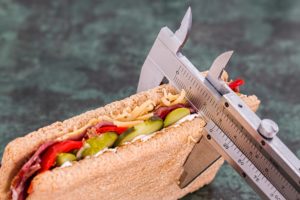
An individual’s gut microbes have an effect of absorption of calories. A recent study has demonstrated that artificial sweeteners altar growth of intestinal organisms is such a way that more calories are absorbed from ingested food. That diet soda may have fewer calories but you could be absorbing more overall calories from your meal.
Calories in versus calories out as a weight loss model works. However, there is no accurate way to track energy in and out.
Many discussions I have had with women who are at a plateau have boiled down to blaming things like having the wrong macros, eating too little or too much.
Actually, we don’t know if its the margin of error or not, but makes no sense to put all your confidence in a system that can be 20% off.
Having said that, if you visit my kitchen or look at my wrist, a food scale and a fitness tracker can be seen. I use these as a general guide only for portion control of some foods, and to increase NEAT (non-exercise associated thermogenesis…aka calories burned from activities of daily living.)
Use of tracking devices as a general guide can be useful. Just realize that the more dependent you become on them, the less intuitive you will be. A major probelm that people have with mastering fitness and nutrition is that these devices have made them lose self-trust …aka intuition… in their choices. Today almost everyone knows how to eat well, yet people continue to search for a magical diet.
Practice rebuilding your own self trust without complicated calculations.

Come up with a simple solution that is reasonable for your life and activity level. If you like to eat 4 times a day stick to it. If you sleep better with a starch at your evening meal, eat it. Pay attention to what works for you, and ignore the noise of complicated plans and calculations. If eating a bagel for breakfast makes you hungry an hour later, try a different breakfast.
If you are completely at a loss for where to begin, book a complimentary call and together we can get you started. Click here: Complimentary strategy call
Your comments are welcome below.
Get the Grocery Guide!
FREE Video Series: The Best Exercises for Women Over 40!
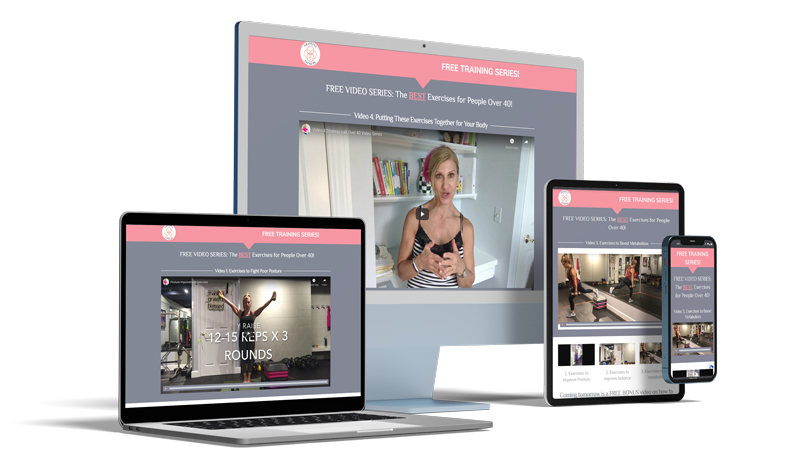
Free 3-Part video Series goes in-depth teaching you how to perform the above exercises step-by-step THE RIGHT WAY without getting hurt.


